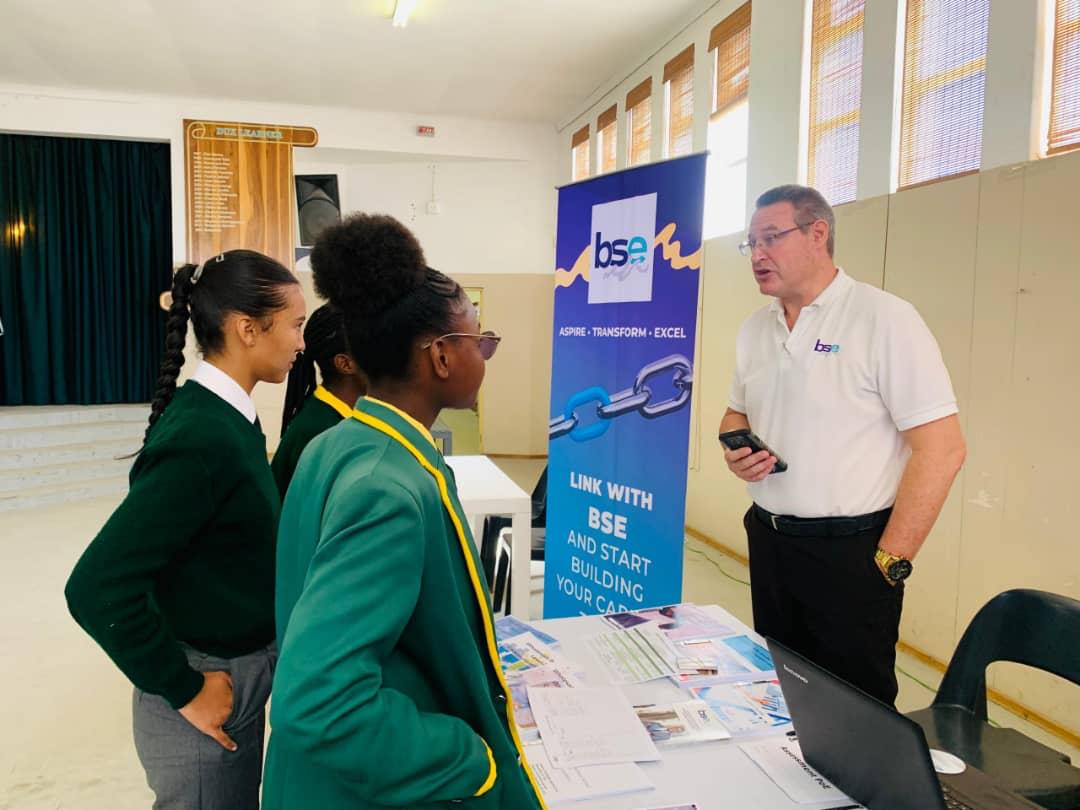The continuing turmoil in the US and UK banking sectors makes the demands by labour federation Cosatu and the SA Communist Party (SACP) for an increase in direct black ownership in local banks harder to justify, according to analysts and fund managers.
Cosatu and the SACP have been demanding that direct black ownership of banks and insurance firms be increased from 10 per cent to 15 per cent, in line with the government’s transformation policy. Analysts said recent events had shown the unions and the SACP the importance of having a shareholder of reference – one that could provide capital when the banks run out of short- and medium-term liquidity.They were speaking after it had become clear that talks between the unions and the banks had failed to resume since the banks suspended them in early August, claiming that the unions had failed to submit any proposals to further negotiations.Cas Coovadia, the chief executive of the Banking Association of SA, confirmed that there had been no talks between the banks and the unions.The parties have missed the August 31 deadline of the official end of the transitional period for compliance with broad-based black economic empowerment (BEE).Solly Mapaila of the Financial Sector Campaign Coalition, which is aligned to the unions and the SACP, confirmed that the banks and unions were not talking and said it looked as if the banks were not prepared to resume talks.The lack of activity has prompted analysts and fund managers to conclude that the global banking crisis has made the unions aware of the difficulty of increasing the stakes in the local banks.Patrice Rassou, a senior portfolio manager at Sanlam Investment management, said the global events had probably shown the unions that it was important to have shareholders with deep pockets.”Because of the global crisis, it is not going to be easy for the banks to finance these deals.No one has got money at this stage.Besides, if Barclays, which owns 50 per cent of Absa, said it wanted to sell down 5 per cent of its shares, which [BEE] partners are going to buy this stake?” asked Rassou.He said even well-established empowerment partners were beginning to sell their stakes in other companies so that they could cash in on them.Most of the empowerment deals were under water and the BEE partners were not really interested in increasing their stakes but wanted to fight to keep their deals afloat, Rassou said.Business ReportAnalysts said recent events had shown the unions and the SACP the importance of having a shareholder of reference – one that could provide capital when the banks run out of short- and medium-term liquidity.They were speaking after it had become clear that talks between the unions and the banks had failed to resume since the banks suspended them in early August, claiming that the unions had failed to submit any proposals to further negotiations.Cas Coovadia, the chief executive of the Banking Association of SA, confirmed that there had been no talks between the banks and the unions.The parties have missed the August 31 deadline of the official end of the transitional period for compliance with broad-based black economic empowerment (BEE).Solly Mapaila of the Financial Sector Campaign Coalition, which is aligned to the unions and the SACP, confirmed that the banks and unions were not talking and said it looked as if the banks were not prepared to resume talks.The lack of activity has prompted analysts and fund managers to conclude that the global banking crisis has made the unions aware of the difficulty of increasing the stakes in the local banks.Patrice Rassou, a senior portfolio manager at Sanlam Investment management, said the global events had probably shown the unions that it was important to have shareholders with deep pockets.”Because of the global crisis, it is not going to be easy for the banks to finance these deals.No one has got money at this stage.Besides, if Barclays, which owns 50 per cent of Absa, said it wanted to sell down 5 per cent of its shares, which [BEE] partners are going to buy this stake?” asked Rassou.He said even well-established empowerment partners were beginning to sell their stakes in other companies so that they could cash in on them.Most of the empowerment deals were under water and the BEE partners were not really interested in increasing their stakes but wanted to fight to keep their deals afloat, Rassou said.Business Report
Stay informed with The Namibian – your source for credible journalism. Get in-depth reporting and opinions for
only N$85 a month. Invest in journalism, invest in democracy –
Subscribe Now!










